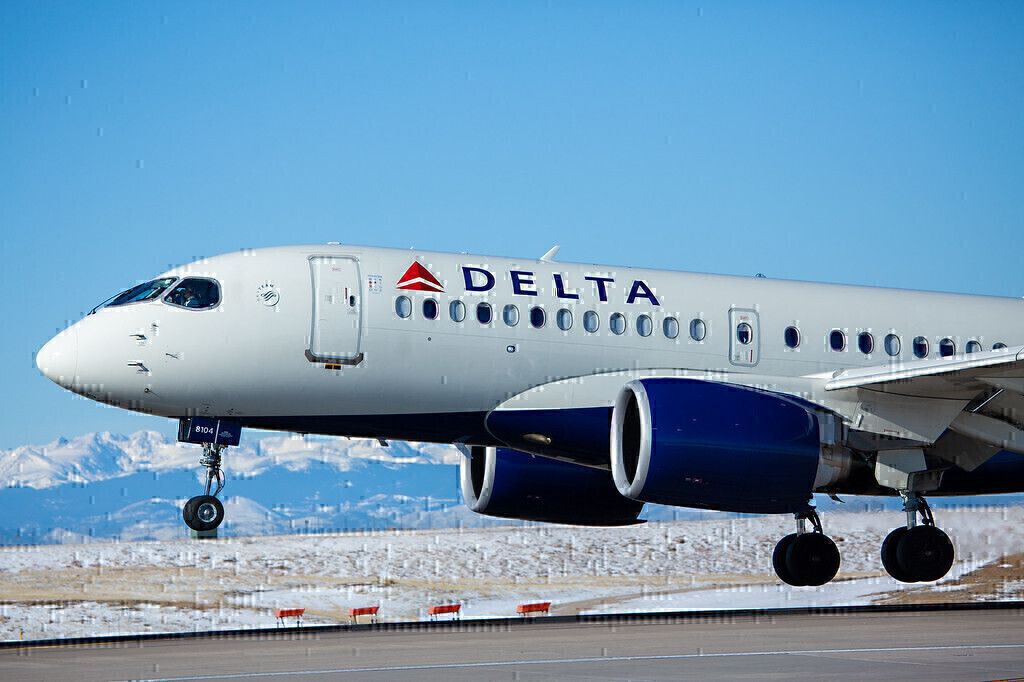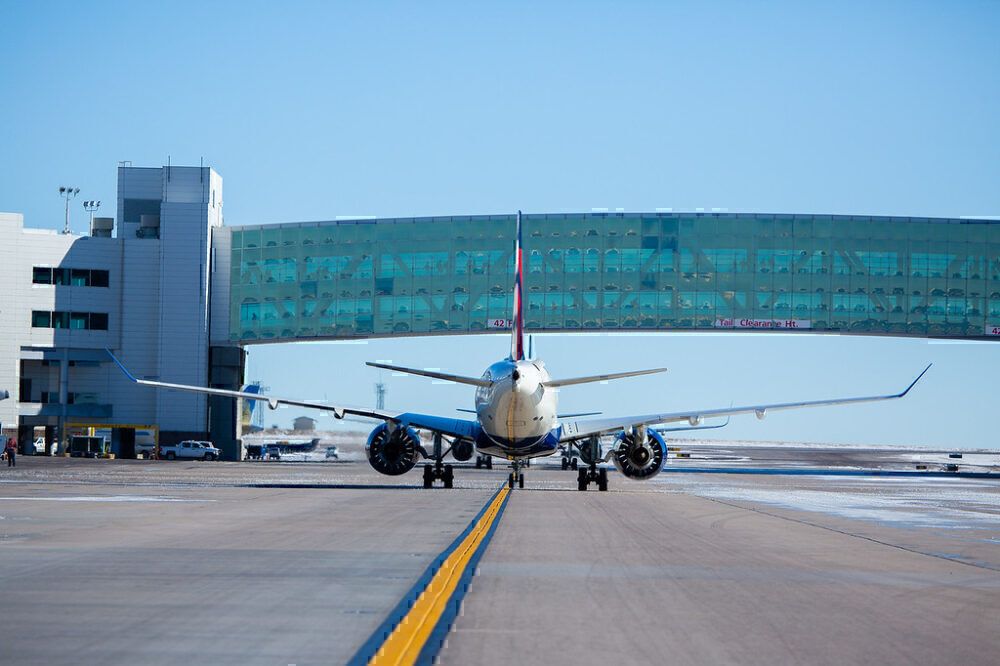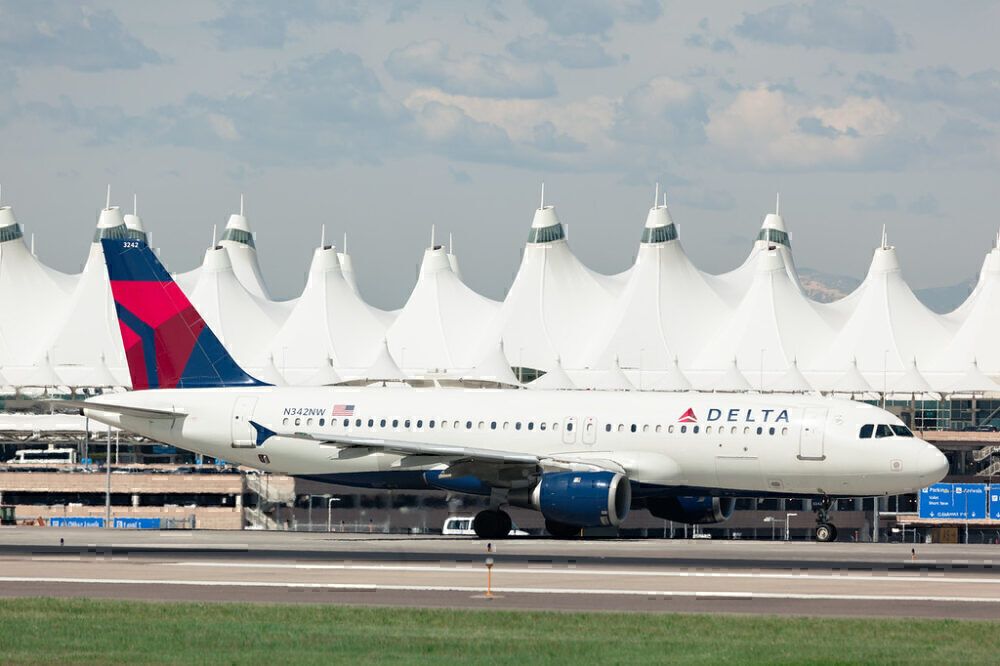Delta Air Lines is furloughing nearly 2,000 pilots in October. Saying the airline has too many pilots, Delta is standing down 1,941 of them. It is also warning of further involuntary furloughs to follow. The airline is blaming COVID-19 and the sustained downturn in travel demand that followed.
Delta is overstaffed and in a difficult situation
Delta's head of flight operations, John Laughter, sent a memo to pilots yesterday to break the bad news. That memo, seen by Simple Flying, said;
“We are simply overstaffed, and we are faced with an incredibly difficult decision.”
Mr Laughter says there were 11,200 pilots on Delta's payroll after calls for voluntary early departures. But the airline says they need only about 9,500 pilots across the short to medium term.
"We are six months into this pandemic, and only 25% of our revenues have been recovered. Unfortunately, we see few catalysts over the next six months to meaningful change this trajectory."
In a statement, Delta's pilots' union, the Air Line Pilots Association (ALPA) called the decision disappointing.
Stay informed: Sign up for our daily aviation news digest.
Delta made a call for voluntary redundancies
In mid-July, Delta Air Lines told its pilots they would avoid involuntary furloughs if they agreed to reduced guaranteed minimum pay. At the time, Delta wanted to reduce minimum pilot pay by 15% in exchange for no pilot furloughs for at least one year.
The Atlanta-based airline was actively working on cutting expenditure and was asking for 17,000 employees to step up and accept voluntary redundancies, including calling for approximately 1,700 pilots to go. The deadline for applying for voluntary redundancy was Sunday, July 19. At the time, Mr Laughter said forward travel demand was down by 80%.
In a memo sent to all employees in July, Delta's CEO, Ed Bastian said;
"We’re committed to exhausting every option possible and harnessing our creativity before we consider involuntary separations.
"We’re continuing to work with our pilots’ elected representatives to avoid pilot furloughs."
But ALPA says Delta has done the opposite. They say that instead of creative solutions, the airline is using the threat of furloughs to force more pilots to accept redundancy packages.
Despite more pilots than anticipated accepting redundancy, it's clear that it's not going to be enough. CNBC is reporting that approximately 1,800 pilots took packages to leave Delta. That's more than the 1,700 Delta asked for in mid-July.
“ALPA has drafted numerous, mutually beneficial proposals that would provide the airline with voluntary cost-savings measures." ALPA said in a statement provided to Simple Flying.
"Delta’s most junior pilots are facing unnecessary career uncertainty when ALPA has offered countless voluntary options to management to prevent furloughs from occurring."
As conditions deteriorate, Delta wields makes its move
But yesterday's memo from John Laughter said;
"Early retirements alone wouldn’t solve the pilot overstaffing situation caused by the COVID-19 pandemic.
"COVID-19 cut faster and deeper than any other event in the history of our industry.
"Letters to pilots hired on or after July 17, 2017, will be sent out later this week."
As airlines move closer to the cut off date of CARES Act funding, other United States carriers are expected to make similarly tough decisions. Delta's memo also highlights that COVID-19 is having a more significant impact on the airline industry than initially forecast. There has been no quick rebound of travel demand, rather stop-start incremental increases, and it looks like continuing in this way for the foreseeable future. It's a grim outlook for airlines and their employees.
Delta Air Lines acknowledges the impact involuntary furloughs will have on the pilots and their families. While predicting a "multi-year recovery," the airline hopes to bring the pilots back to the cockpit as soon as possible.



